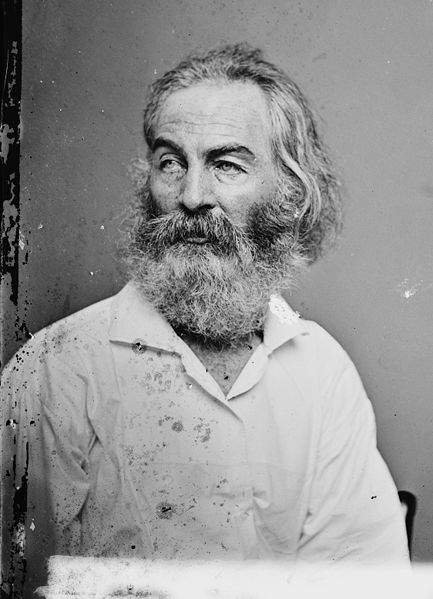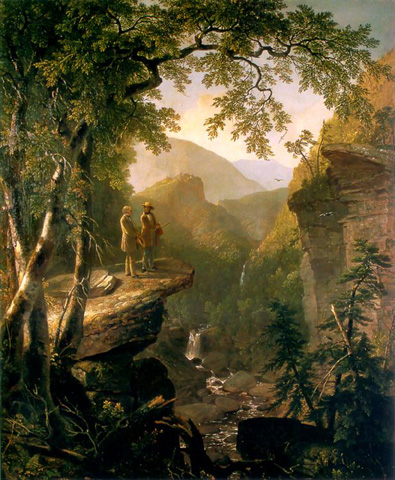Yet it is this feeling that's proved elusive in human history. Without question, the early Christians achieved it and sustained it on such a level as to overtake the Roman Empire, despite its daunting persecutions, thus attesting to its power to transform. As reflected in the verse from the Biblical Book of Hebrews, cited in the previous blog entry of October 4, there was a sense of a new convenant where people would no longer didactically proclaim “know the Lord” but feel it, with the commandments regarding their neighbors imbued on their hearts.
But as Christianity became an institution it inevitably conforms to some degree or other to the ways of the world for its operations and thus becomes more mundane; and it's back to telling people to “know the Lord” with the peculiar addition to “know Jesus” as well. In the modern era, following the horror of the First World War with its participant nations predominatly Christian, the writer D.H. Lawrence bristled against the moral order of his day. From his book Apocalypse, Lawrence wrote as follows:
With Jesus, a new thing came into the world. And we can say with confidence, that no further thing will ever come into the world again, without a further new breath of love, and of tenderness.It is a certain feeling that were after, one that can also be sustained. To harness it, I expect it will come through a greater role for the arts in revitalizing the moral culture. I imagine that the restoration of the Fall of Man will be an affective mix of insouciance and experience, truth, physicality, and a deep level of acceptance towards others and one's self. That all may seem quite distant from our current state of affairs. Yet we seem to get a glimpse of it from time to time, in the present and throughout human history, a feeling that maybe we're not so far as we may feel at times.














No comments:
Post a Comment